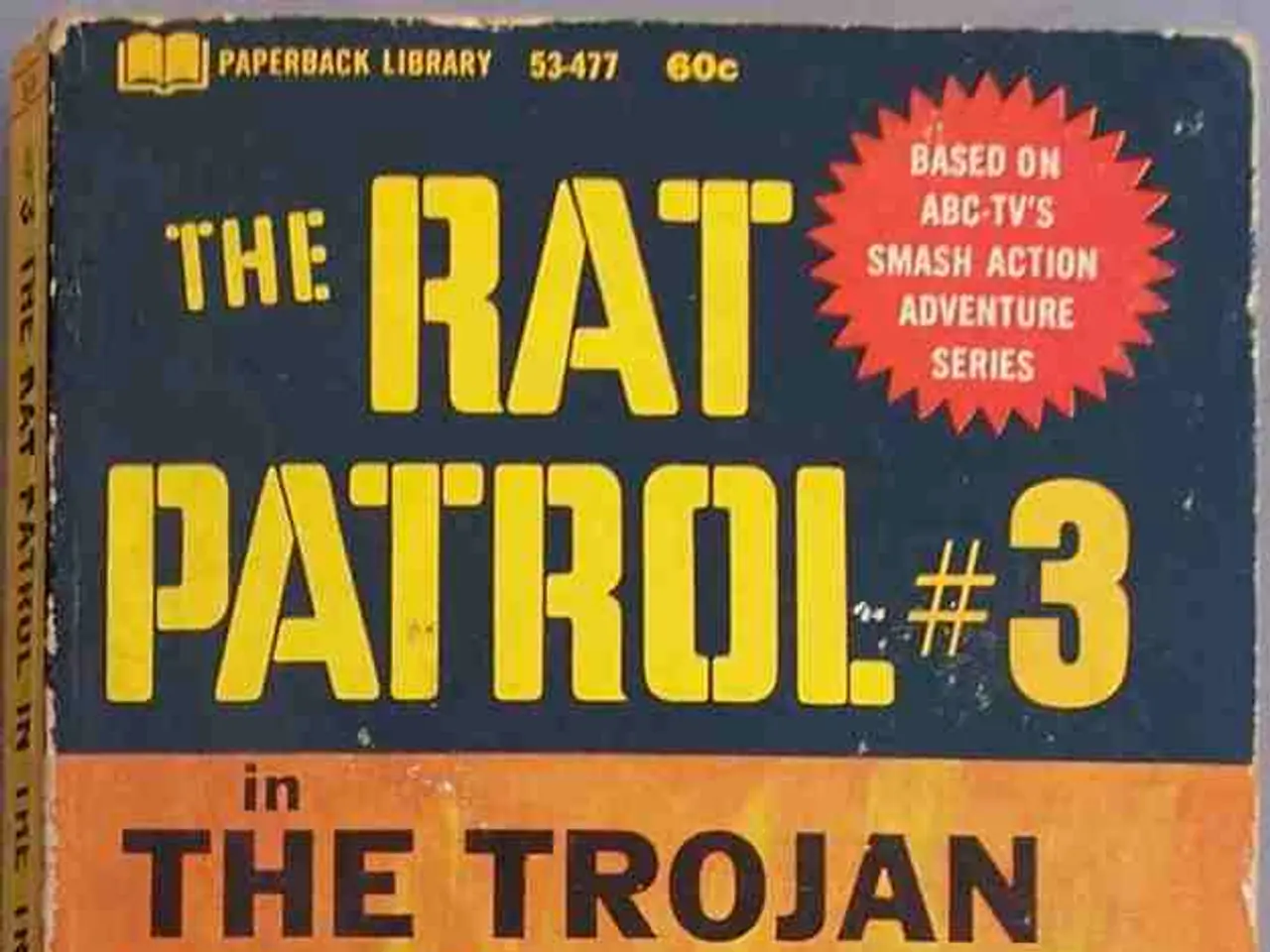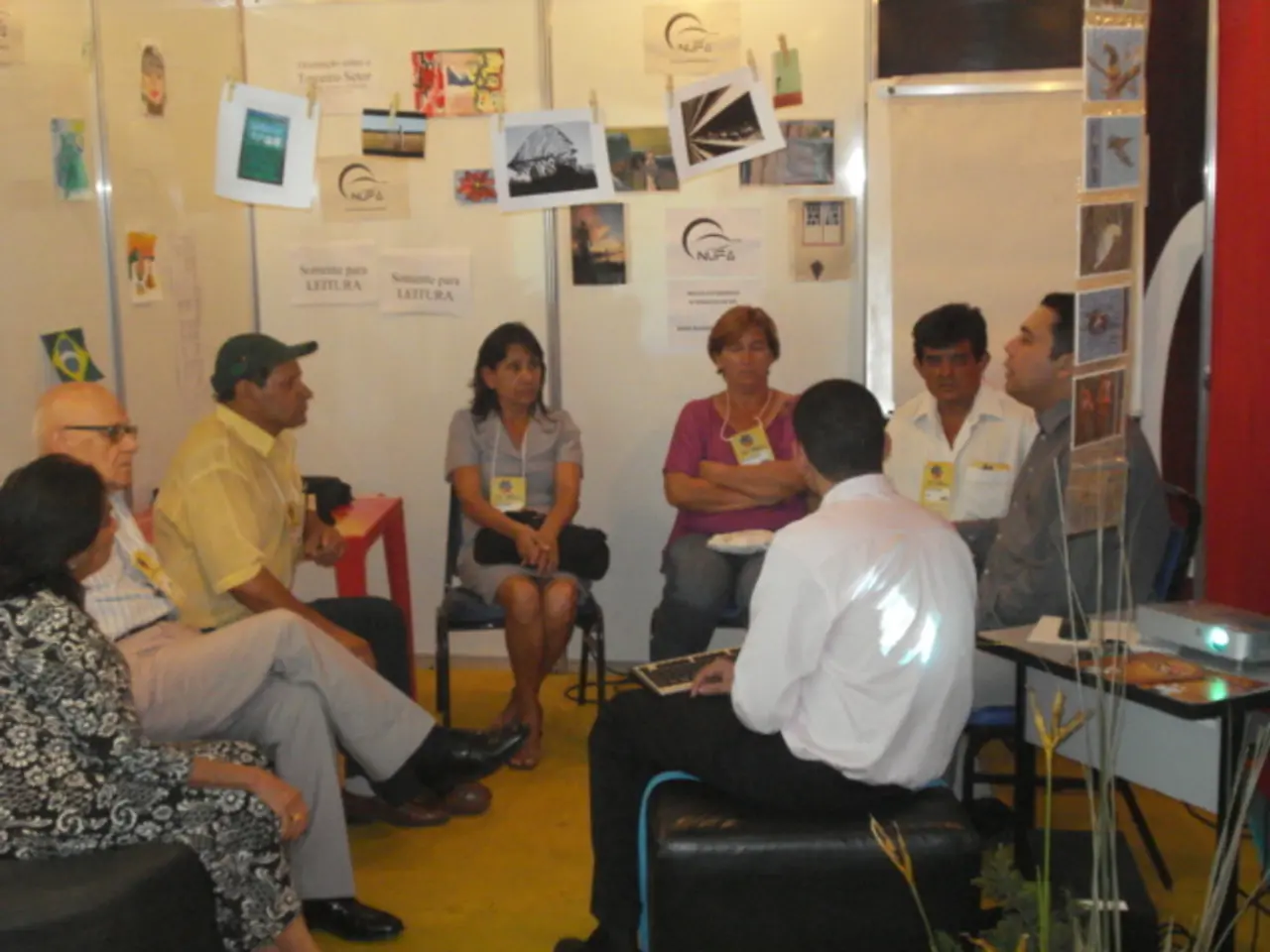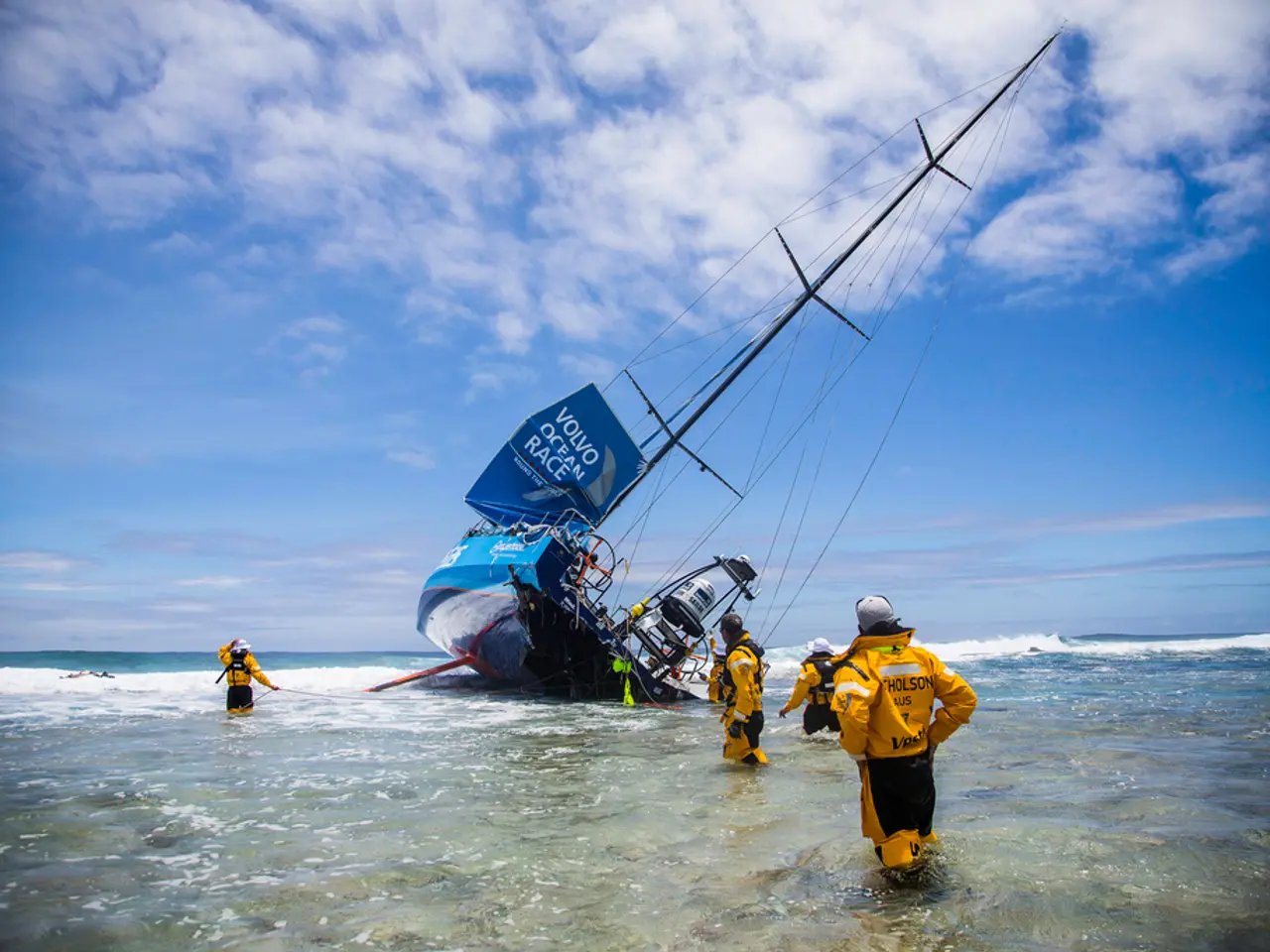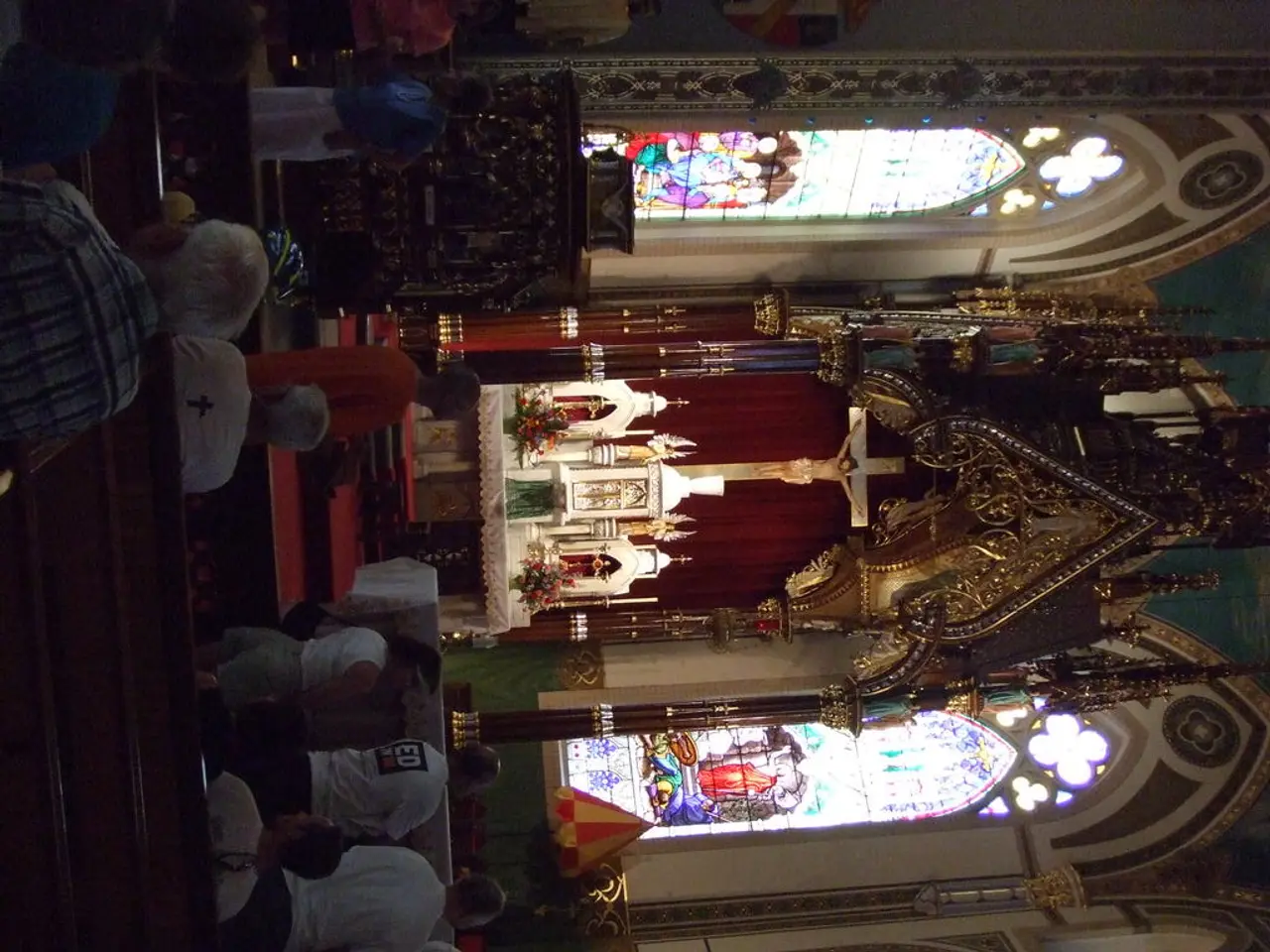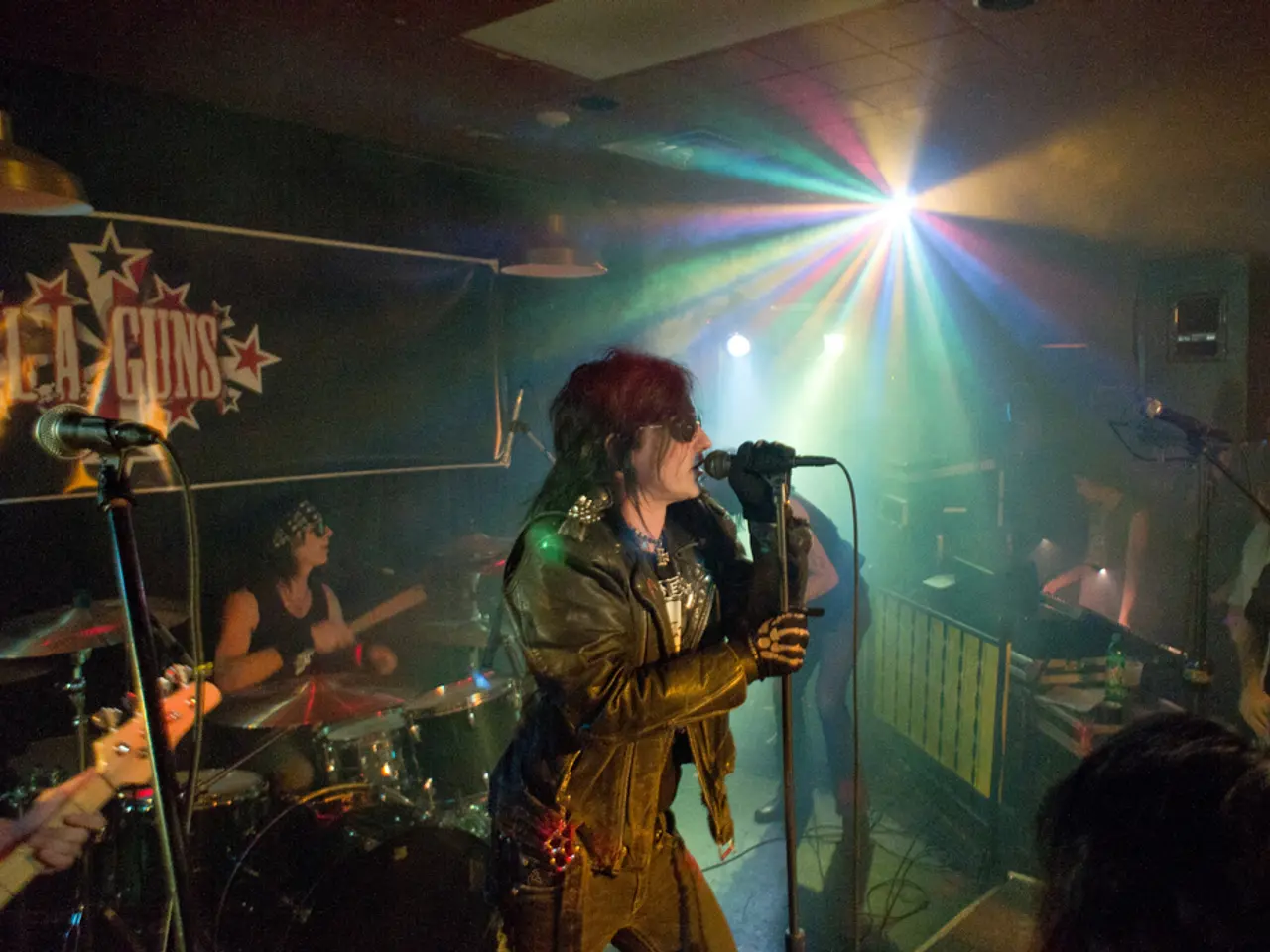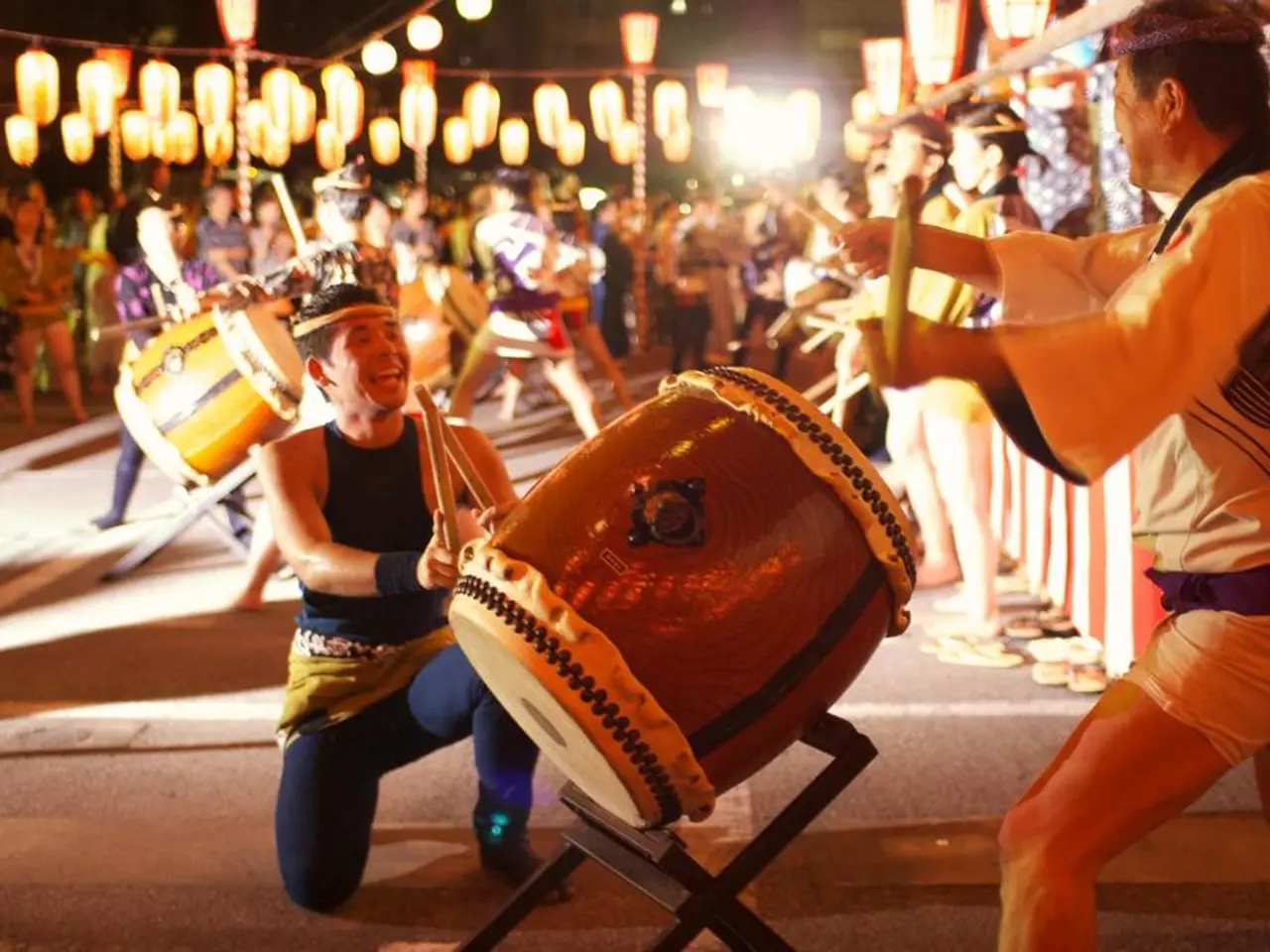Thai military forces criticize Cambodia's denial of battlefield facts and alleged disregard for troops' welfare.
The border conflict between Thailand and Cambodia continues to simmer, with intermittent clashes and a fragile ceasefire in place as of early August 2025. The situation has been volatile since the declaration of a ceasefire on July 28, with both countries accusing each other of border violations near disputed temple sites such as Preah Vihear and Ta Muen Thom.
The Royal Thai Armed Forces (RTAF) has expressed concern over Cambodia's denial of the ceasefire violations, stating that this disregard for a body of evidence erodes confidence in global peace mechanisms. The RTAF reaffirms its commitment to peace and welcomes neutral oversight in the matter.
Several incidents, including a landmine blast that injured Thai soldiers and subsequent artillery and airstrike exchanges, have escalated the situation. Martial law has been imposed in several Thai border districts, and civilians on both sides have been affected, with reports of damage to hospitals and schools.
The RTAF has accused Cambodian troops of initiating fire on Thai positions at Phu Makua and Chong Ahn Ma on July 29 at 21.30 hrs. This accusation is based on verified facts, not speculative allegations, according to the RTAF. The Cambodian military's inability to enforce ceasefire orders and manage personnel during crises undermines the credibility and dignity of its armed forces.
The RTAF urges the Cambodian government and military to address the conditions faced by their soldiers and improve their leadership. The continued use of weapons by some Cambodian units after the ceasefire indicates a breakdown in command and discipline at the operational level within the Cambodian armed forces.
The RTAF stands ready to cooperate fully with neutral international mechanisms in verifying the facts, facilitating access to relevant areas, and disclosing necessary information. Thailand calls for international condemnation of the Cambodian military's actions and close monitoring as a source of instability in the region.
The refusal of the Cambodian government to take responsibility for the ceasefire violations underscores the inability of its military leadership to control its troops. The abandonment of Thai positions at Phu Makua and Chong Ahn Ma without logistical support by Cambodian troops further supports this claim.
The situation suggests either a lack of operational control or, in a more troubling scenario, the deliberate perpetuation of violence for political gain by the Cambodian government. The RTAF maintains that it is transparent and disciplined, and the truth will speak for itself regarding its commitment and conduct.
International actors, including ASEAN, the United States, China, and the United Nations, are engaged in trying to prevent full-scale war. However, the durability of peace remains uncertain without stronger leadership and effective conflict management mechanisms. The conflict is underpinned by deep-rooted historical territorial disputes, nationalist politics, and complex personal rivalries among leadership in both countries.
- The international community, including ASEAN, the United States, China, and the United Nations, have expressed concern over the fragile ceasefire between Thailand and Cambodia, acknowledging the potential for a full-scale war.
- The RTAF has accused the Cambodian military of initiating fire on Thai positions at Phu Makua and Chong Ahn Ma, highlighting the crisis as a result of a lack of operational control or deliberate violence for political gain by the Cambodian government.
- Despite the continuous incidents of border clashes, such as car-accidents, crime-and-justice issues, and accidents, international peace mechanisms require cooperation from both countries to ensure general-news reporting and sustainable resolution.
